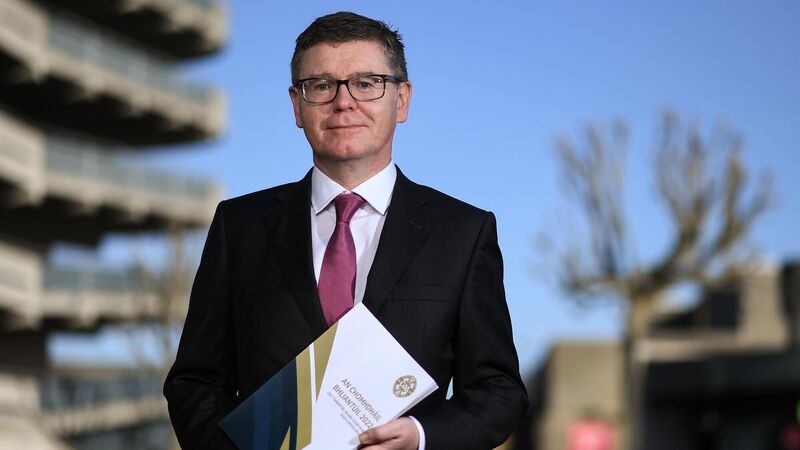Paul Rouse: The GAA still firmly holds the belief in evolution not revolution

Ard Stiúrthóir of the GAA Tom Ryan. Picture: Piaras Ó Mídheach/Sportsfile
The launch of the GAA’s annual report and financial statement in the Museum at Croke Park on Thursday was an understated event. Tom Ryan’s opening address was wide-ranging, but cohered into one clear organising principle: the GAA believes in evolution not revolution.









